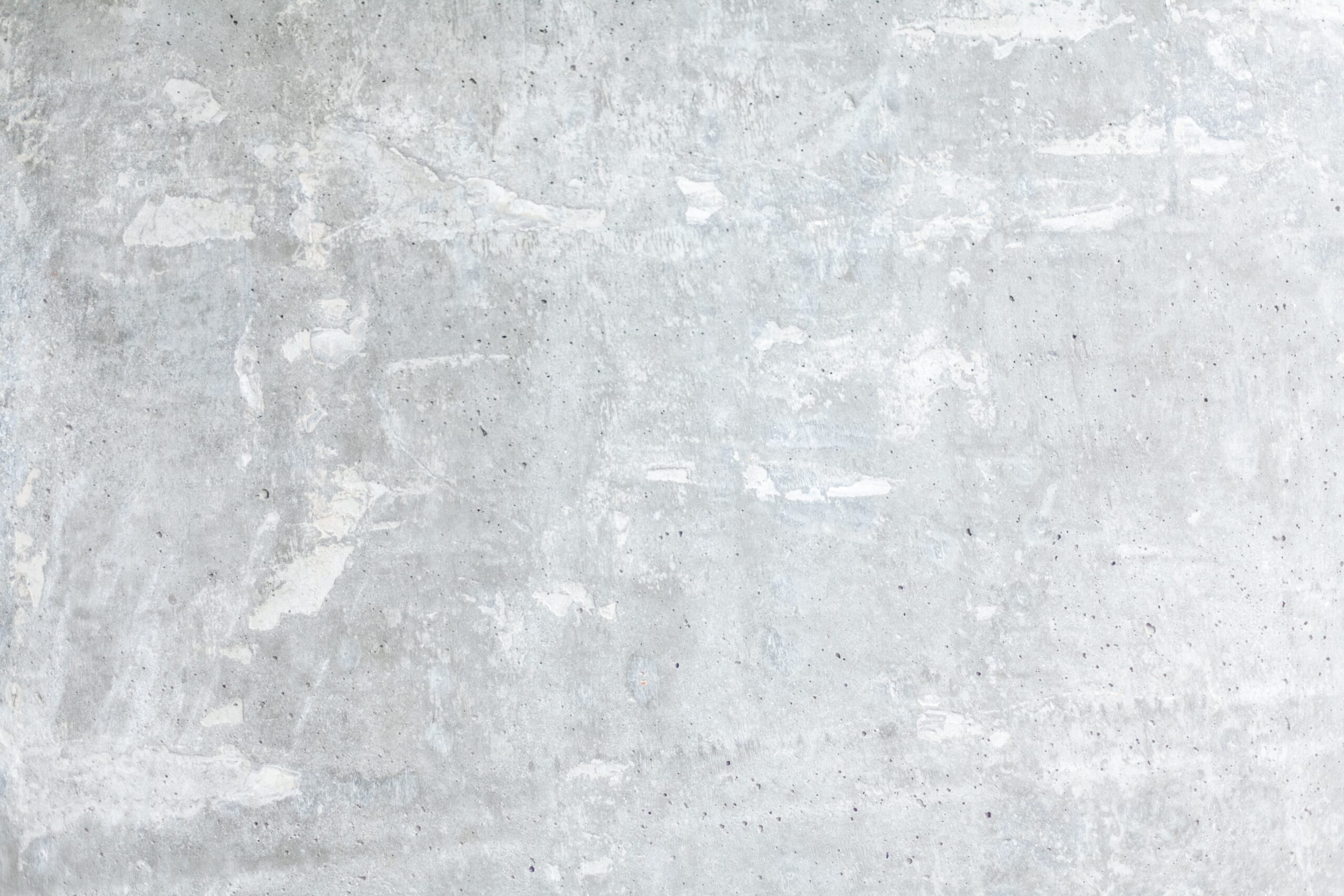Religious buildings, such as churches, synagogues, mosques, and temples, hold a special place in our communities. They are not only places of worship but also serve as symbols of faith and spirituality. Keeping these buildings clean and well-maintained is not just a matter of aesthetics but a way of respecting the sanctity of these places. One effective way to do this is commercial power washing, which helps maintain the beauty and longevity of religious structures.

Preserving Architectural Beauty
Religious buildings often feature intricate architectural details, which can accumulate dirt, grime, and pollutants over time. Regular power washing can restore the original beauty of these structures by removing years of buildup. Delicate stonework, stained glass windows, and ornate facades can regain their luster and vibrancy with the gentle power of high-pressure water.
Cleaning Historic Landmarks
Many religious buildings are historic landmarks that hold cultural significance. Preserving their historical integrity is a responsibility that comes with maintaining these structures. Power washing is a non-invasive method for cleaning historic facades and surfaces without causing damage. It allows you to honor the past while ensuring a bright future for these cherished landmarks.
Removing Environmental Stains
Exposure to the elements can lead to unsightly stains on religious buildings. Algae, moss, mildew, and mold can thrive in damp conditions, causing discoloration and potential structural damage. Power washing effectively removes these stains, preventing further deterioration and ensuring the safety and longevity of the building.
Eliminating Graffiti and Vandalism
Religious buildings are not immune to graffiti and vandalism. These acts of defacement can be disheartening for the congregation and community. Professional power washing services can efficiently remove graffiti and restore the building’s pristine appearance, sending a clear message that such behavior will not be tolerated.
Promoting a Healthy Environment
A clean place of worship contributes to a healthier environment for congregants and visitors. Power washing removes allergens, pollutants, and contaminants from surfaces, ensuring that the air quality inside remains pure and conducive to spiritual reflection.
Enhancing Community Engagement
A well-maintained religious building can become a focal point for community engagement and outreach. It invites people in and encourages participation in various religious and community activities. A clean and inviting environment can help build a stronger sense of community and belonging.
Demonstrating Respect and Reverence
Power washing places of worship is an act of respect and reverence for the sacred space. It shows dedication to the faith and the congregation, demonstrating that the spiritual home is deserving of the utmost care and attention.
Conclusion
Religious buildings are not just physical structures; they are embodiments of faith and spirituality. Maintaining these places of worship with regular power washing is a way of preserving their beauty, historical significance, and spiritual sanctity. It reflects a commitment to the congregation and the broader community, ensuring that these sacred spaces continue to inspire and uplift for generations to come.
If you’re responsible for the maintenance of a religious building, consider the benefits of professional commercial power washing. Contact OFF THE WALL today to discuss how we can help you maintain the sanctity and beauty of your place of worship.
Contact Us Today!
Keeping New England Clean Since 1985
Power washing company serving Connecticut, Massachusetts, and Rhode Island
CT Li.# 0626878 – Fully Insured

The Off The Wall Difference
The OTW Difference represents our commitment to delivering the highest-quality service to our customers.
- Communication
- Reliability
- Unmatched Quality
- Professionalism
- State-of-the-art
- Proprietary Equipment
- Extensive Training
- Accountability


